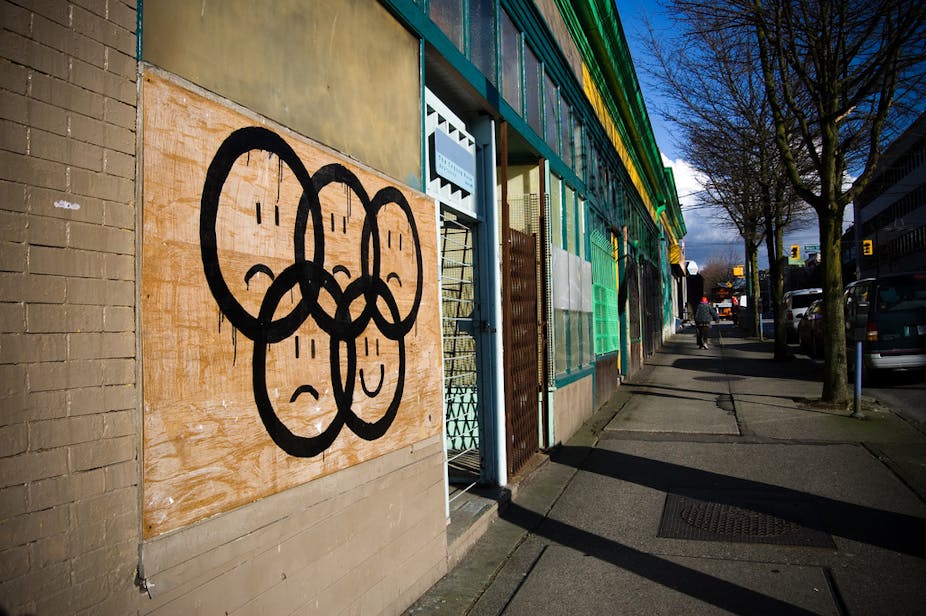As the giant bureaucratic beast that is the IOC lumbers through London, locals can be heard saying, “I don’t remember voting for this”. The Olympics is a strangely undemocratic affair: locals of host cities aren’t consulted, and athletes themselves have no say in how the Olympics is run.
But it could all be done so differently.
From its inception, the International Olympic Committee (IOC) has never had members externally elected by the interested citizens of this world. One would think that this institution would give much greater power to amateur athletes who, as many know, overcome numerous odds just to qualify for the games let alone participate in them.
Giving these athletes the power of the vote, the power of meaningful participation in meetings that concern them, and the power to procedurally challenge the IOC should be prioritised. After all, the Olympics is about celebrating the physical heights of the human animal. It should be about the rapprochement of pluralist citizenries, and not merely about perfecting some money-making engine.
Athletes, I think, should be encouraged to be political and should not abstain from speaking out for fear of losing their hard-won placements.
London locals are also concerned about how Olympics preparations have taken place. Affected citizens in the Eastern boroughs cry foul for not being given more access to meaningful participation in the years leading up to the London Games. They say there has been no vote, deliberation, or even discussion as to which mega-art would change their daily skyline.
Then there are the protests by taxi drivers, who argue that Olympic lanes should have been brought to the attention of their associations years ahead of time, so that protests with an actual chance of success might have been launched.
And there’s the question of how host locations are selected. Do any of the cities, towns, or regions most likely to be affected by an Olympics hold consensus-building programs for the public voice? Do they try to reach a respectable - even if tentative - majority decision? Of course not.
Although it is the ethical and indeed morally virtuous thing to do, consultation is wrongly condemned as impractical. It is dispensed with in the name of expediency, so the nation can win their bid to host a massive event that their citizens may not even want.
Then too there is the question of how an Olympiad should be run.
There was tension in Australia over which gender should carry the colonial flag (I think it makes sense to alternate genders every four years). There has been political fallout in the USA - and to a lesser extent in Australia - over where uniforms are made (usually China). There is some concern about the torch ceremony (a Nazi initiative) and the nationalistic poo-poo-ery of the official opening (exploited heavily by anti-democratic regimes).
And finally there is the question of an Olympiad’s redistributive programs: where does all the capital generated go to after the closing of the Games - if any capital is generated at all?
There should be critical engagement on each of these issues by the public of the world. Without it, this Olympiad and all others are symbols of illegitimate authority removed from public monitoring and the watchful eyes of affected people.
Despite these dark clouds, there is evidence of some hope! We can see that sustainability has been a key focus in this recent Olympiad. We also saw a huge show of concern for the environment in mainland China before the 2008 Beijing Games.
This was unusual for the history of the Olympics. Concern for sustainability, limiting the footprint of the Games, and nature’s health, are part of the Games because they are topics made political by an ever-increasing, and wonderfully active, public. It is one indirect effect of democratic influence on the IOC.
It may be too late now for London – but not for Rio de Janeiro, nor for Istanbul, Tokyo or Madrid. There is always the potential for the IOC to become a champion of certain basic expected democratic procedures. It should require bidding cities to prove, as it were, their democratic worth.

